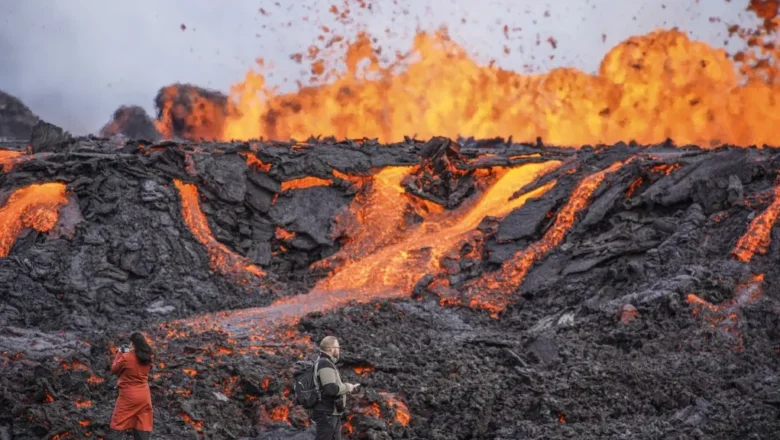
Nepal bolsters disaster preparedness with global-standard alert systems and flood resilience initiatives
In a major step toward enhancing its climate resilience, Nepal has advanced its early warning systems through a series of workshops and collaborations under the Climate Risk and Early Warning Systems (CREWS) – Early Warnings for All (EW4All) Accelerator initiative. Partnering with the World Meteorological Organization (WMO), the Department of Hydrology and Meteorology (DHM), and the Center for Applied Research and Development (CARD), Nepal is aligning itself with international standards like the Common Alerting Protocol (CAP) and piloting community-based flood management systems to reduce disaster risk across vulnerable regions.
Nepal adopts CAP for smarter, faster alerts
Held on April 24–25, the first workshop introduced over 35 stakeholders to the Common Alerting Protocol, a global...





